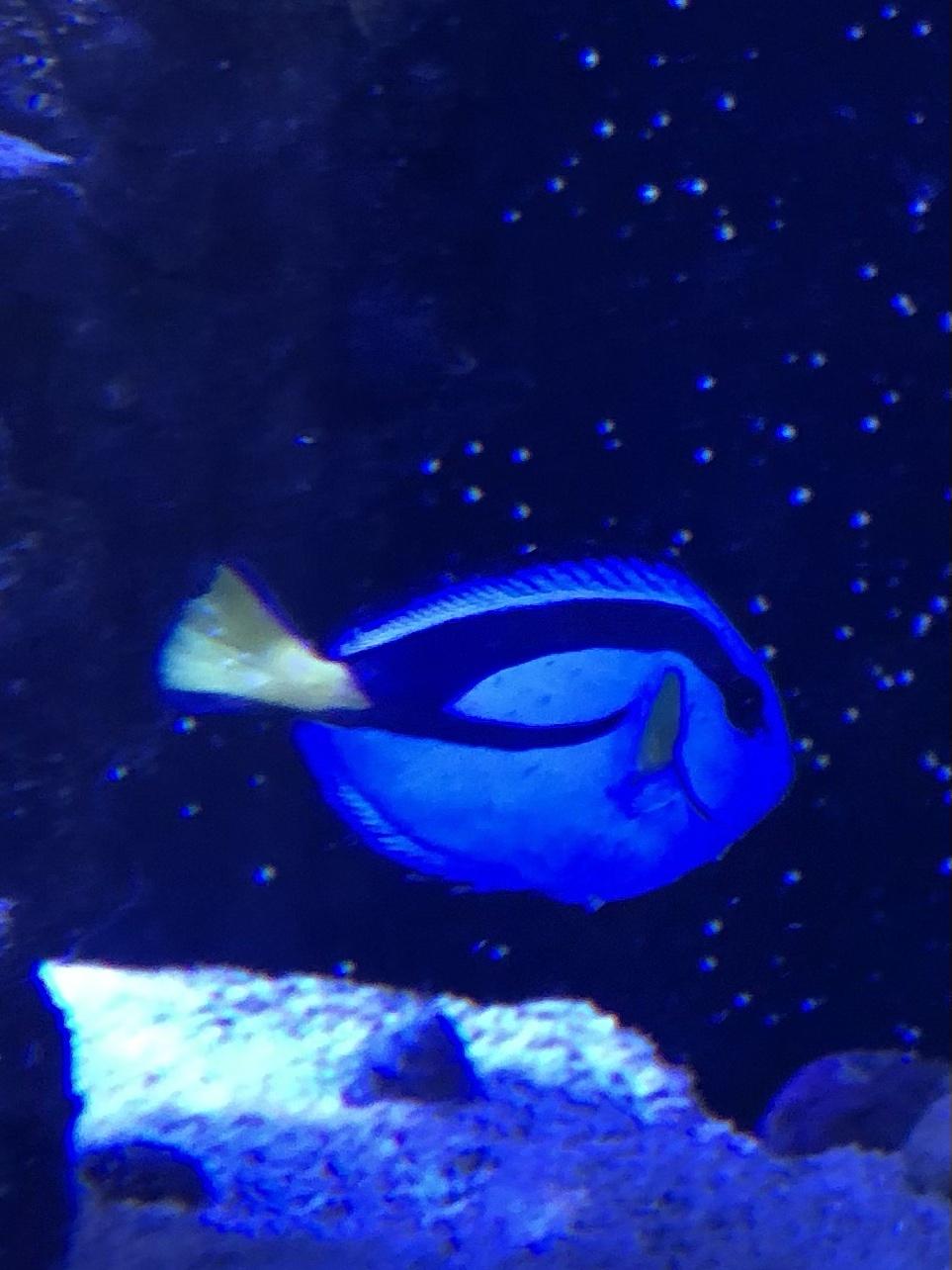Hi everyone. I have a blue tang that has been battling ich for 2-3 weeks now since I got her. All other fish in the tank are showing no signs.
I have decided to do Ich eradication on my next tank. However, for now I’d like to manage as best I can. I have read a lot about ich (jay and humble) and understand there’s no beating it without treating the whole tank.. but I’d like her to start showing some signs of progress for now so I can manage it from here on out.
I got a scopas tang that was very skinny. Once I got it, it had a pretty good ich outbreak also. But with stability and good feeding, it has beaten the ich for now and is very fat and healthy. I was hoping the blue tang would get over ich, but it’s not getting better. The cysts are big and the scratching is constant.
I do want to say that the blue tang is acting very happy, eating like crazy and otherwise normal. However I was hoping the blue would have gotten over it a bit quicker like the scopas did. They fought a little for the first few days, but are mostly friends now, so there’s little stress from aggression.
I plan on continuing stability and feeding well (they get Larry’s, pe mysis, and nori on a daily basis), and I plan to add some selcon to their food from now on. Is there anything else I can do? She scratches a lot and I just feel really bad for dory.

I have decided to do Ich eradication on my next tank. However, for now I’d like to manage as best I can. I have read a lot about ich (jay and humble) and understand there’s no beating it without treating the whole tank.. but I’d like her to start showing some signs of progress for now so I can manage it from here on out.
I got a scopas tang that was very skinny. Once I got it, it had a pretty good ich outbreak also. But with stability and good feeding, it has beaten the ich for now and is very fat and healthy. I was hoping the blue tang would get over ich, but it’s not getting better. The cysts are big and the scratching is constant.
I do want to say that the blue tang is acting very happy, eating like crazy and otherwise normal. However I was hoping the blue would have gotten over it a bit quicker like the scopas did. They fought a little for the first few days, but are mostly friends now, so there’s little stress from aggression.
I plan on continuing stability and feeding well (they get Larry’s, pe mysis, and nori on a daily basis), and I plan to add some selcon to their food from now on. Is there anything else I can do? She scratches a lot and I just feel really bad for dory.

















